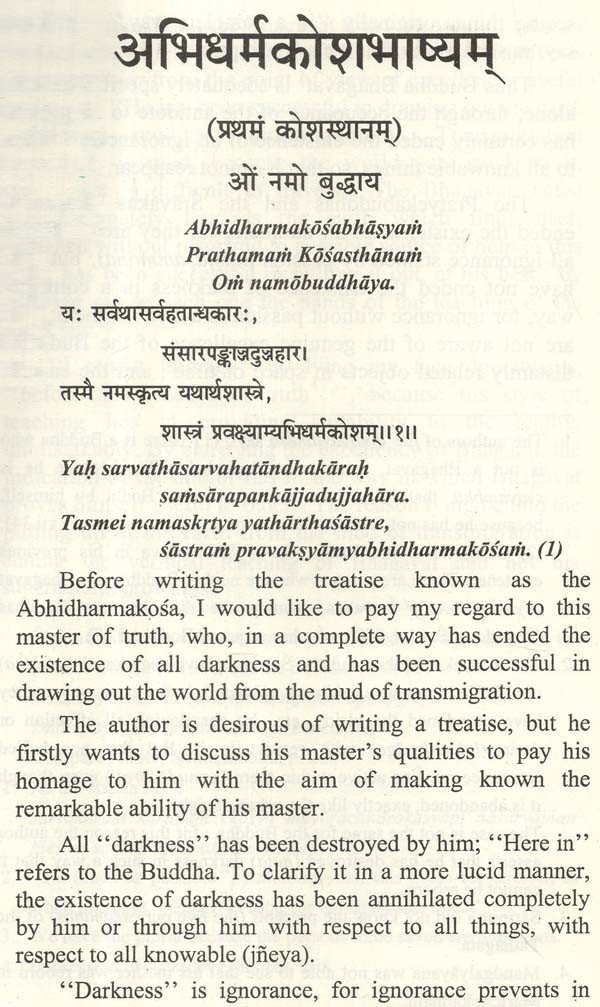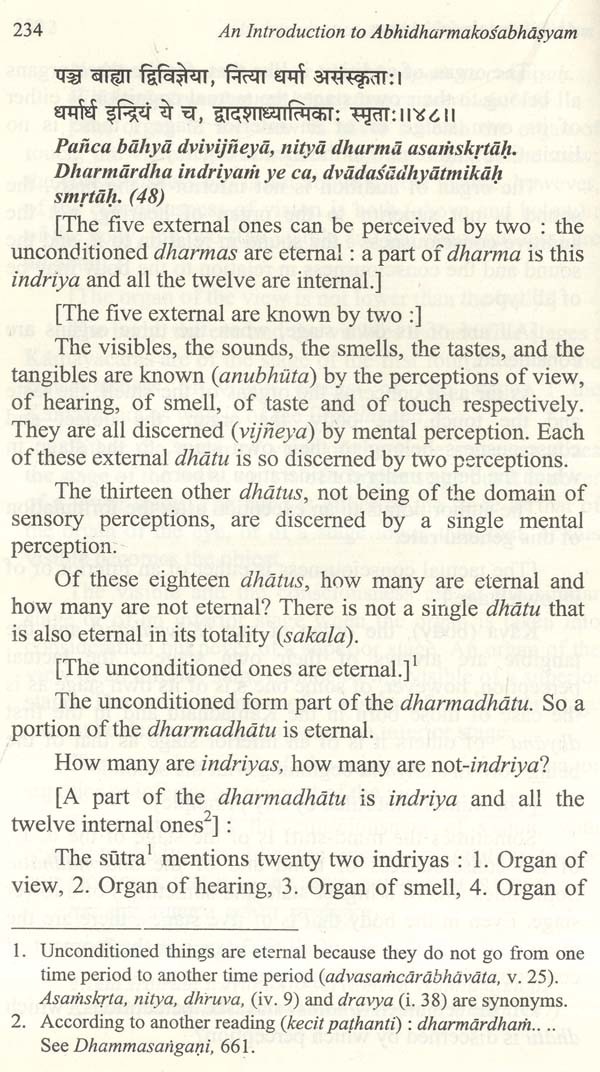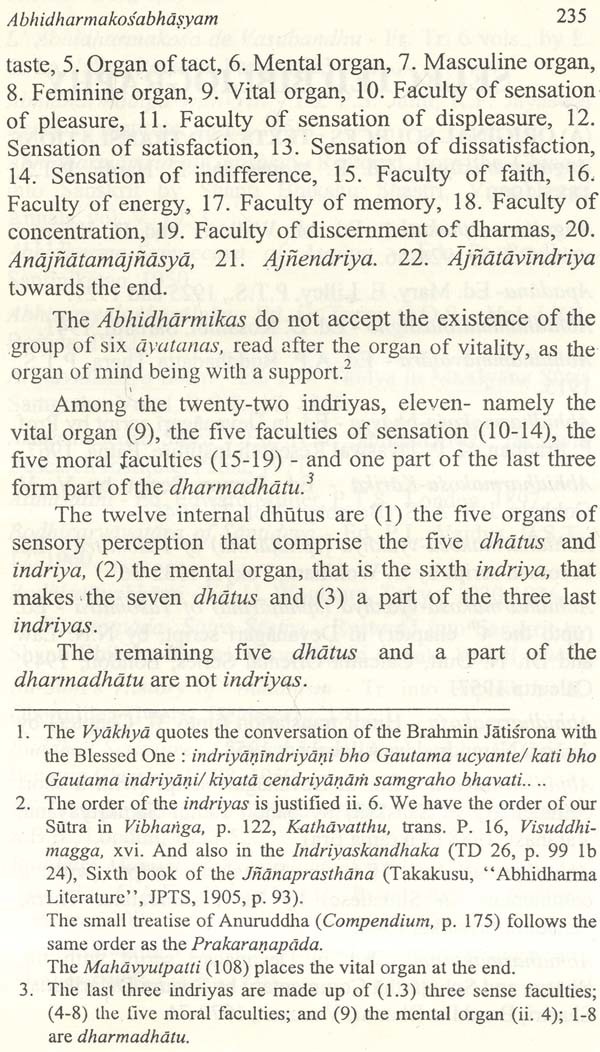About the Book Abhidharmakośabhāṣyam is the most instructive book on the philosophy of early Buddhism. This is a well-known Buddhist work for its harmonious synthesis of all the great doctrines accepted by most of the contemporary schools of Buddhism. It contains fundamental principles of Buddhism and also an exhaustive and systematic exposition of the Abhidharma doctrines of the old schools of Buddhism that came into being after the Buddha.
This text is a treasury of highest forms of knowledge. It deals with ontology, psychology, cosmology, salvation and ethical related doctrine. All major schools of Buddhism accept the authority of Abhidharma in spite of the difference in their sectarian viewpoints with regard to interpretations. This text is important as it contains systematically the fundamental principle of the Abhidharma philosophy.
About the Author Dr. Indra Narain Singh, Assistant Professor, Department of Buddhist Studies, University of Delhi, has been teaching Buddhist Philosophy since 1996. Apart from editing independently the two journals of the Department of Buddhist Studies, he has several books and articles on different aspects of Buddhist Philosophy, Ethics, Epistemology etc. to his credit.
Preface The Abhidharmakośabhasyam, written by Vasubandhu occupies an important place in the history of Buddhism for its systematic and exhaustive treatment of the Dharmas, expounded by the Sarvastivadins. It is though based on Vaibhasika philosophy, yet it cares most notably, the basic principles of Buddhist Philosophy which makes it even today, an indispensable book of contemporary times not only for the Buddhists and learners of the Buddhist Philosophy but also to the learners of the Comparative Philosophy and religions. Its immense utility could be marked by its introduction in the courses of different universities across the globe. This prompted me to bring out a part of the book in Sanskrit with its translation as the non availability of the text was causing an impediment to the students as well as to the scholars interested in its learning. This text will be helpful as most of the text of the Abhidharmakośa is either in Sanskrit of translation in Hindi or English and none of the text has both original text and its translation. In order to fulfil this gap it is now published together in the present form with the name as An Introduction to Abhidharmakośabhasyam" (Pratham Kosa sthan) with Sanskrit text in Devanagari and Roman scripts with English translation. This text therefore offers the reading materials to the students of undergraduate and postgraduate courses of the Delhi University as well as other universities.
Introduction The Abhidharmakośa, written by Vasubandhu, is a manual of the Abhidharma treatises. It is basically written from the point of view of the Vaibhasikas. But, in order to make the work perfect and authentic, its author Vasubandhu delt with the Vaibhāṣika views very critically enumerating in it the views of other contemporary dominant schools like a, Sautrantika Abhidharmika, Mahäsäsika, Drs Taantika, Vibhajyavāda, Kaspiya, Vätsiputriya, Yogācāra and Mahasanghika, and rejected only those systems which seemed to him heretical. Vasubandhu never hesitated to take the tenets of any Buddhist school when he found excellent reasoning in them. With this background it may be regarded as an authoritative text for all schools of thought. It is, however, a repository of the principal Abhidharma works of Sarvastivada. It has also an important role in the development of Mahayana thought and principles. It also shows a close relationship between the Sarvastivada and the Yogacara philosophy.
**Contents and Sample Pages**




















